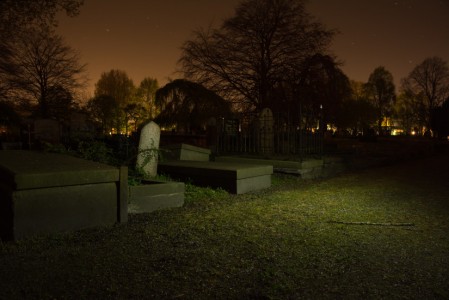
At the end of Parshas Vayechi, both Yaakov Avinu and Yosef HaTzadik die, are buried and mourned. It is an appropriate juncture to address the eternal question: what happens to us when we die? Death, it is often said, is a part of life. For those who remain alive and experience the death of a relative or close friend, this is certainly true. Indeed, the inevitability of death provides a deep challenge for the surviving loved ones to confront; this is a challenge that can be hard to meet.
Judaism is a religion of life, but it recognizes the need to confront the reality of death. Somehow every person has a sense that the “real me” is more than just the sum of my body parts. The Sefas Emes writes, “The wonder of the human being, in which a Divine soul is present in a physical body, as the Rema writes (Orach Chaim 6) in explaining the words ‘Who performs wonders’ – He binds the spiritual soul with the physical body.” This feeling becomes even more poignant when we suffer the loss of a loved one. We sense that the death of the body is not the end of the story. We seek consolation from the fact that all of God’s deeds are perfect, He brought the person into the world to strive to reach his mission in life.
Judaism teaches that we have an eternal soul that continues to exist after physical death. The eternality of the soul, above all else, is what guides the Jewish approach to death. Death is the process by which the soul and body are temporarily separated and return to their sources. The soul returns to the World of the Souls, and the body returns to the ground. This is so that a new, purified structure can be built at the time of the Resurrection, when the soul will re-inhabit the body, free from any deficiencies.
Like all aspects of life, the Torah and its commentators relate to the death experience from all angles – from the perspective of the dying as well as that of the living. Rather than a hopeless “end,” Judaism provides us with a framework sensitive to the needs of both the deceased and the mourners. There are mitzvot to bury the dead, for immediate family to mourn, and for the community to comfort the mourners. Yet, as Rabbi Doron Kornbuth writes, Jewish burial is no longer the default for Jewish families, compelling rabbis and educators to be prepared to teach about its importance and sanctity in lieu of cremation.
The lessons from death reflect back on the way we can choose to live. Rabbi Eliyahu Dessler writes (Michtav Me’Eliyahu, Vol. II, pp. 62-63), “One should know that death does not change a person’s essence. An evildoer, who throughout life was stuck in shallowness, will remain this way even after his soul has separated from his body. However, since the soul will have no outlet to experience shallowness, it will desire it even more, and will be filled with a great hunger…
“On the other hand, regarding those who have filled their lives with true spiritual content…the roots of their portion in the World to Come are found within themselves, they will not desire other things. Therefore, they will be happy with their portion.”
The NLE Morasha shiur on Jewish Perspectives on Death, Burial & Mourning addresses the following questions:
- What is Judaism’s attitude toward death?
- What is the purpose of death? Why must a person die?
- Are the dead aware of what happens to their bodies after they die?
- What is the purpose of mourning over the dead? Isn’t this morbid?
- Why do we show honor to the deceased? What can we do for someone who is already dead?
Click here for the NLE Morasha Shiur on Jewish Perspectives on Death, Burial & Mourning.



















